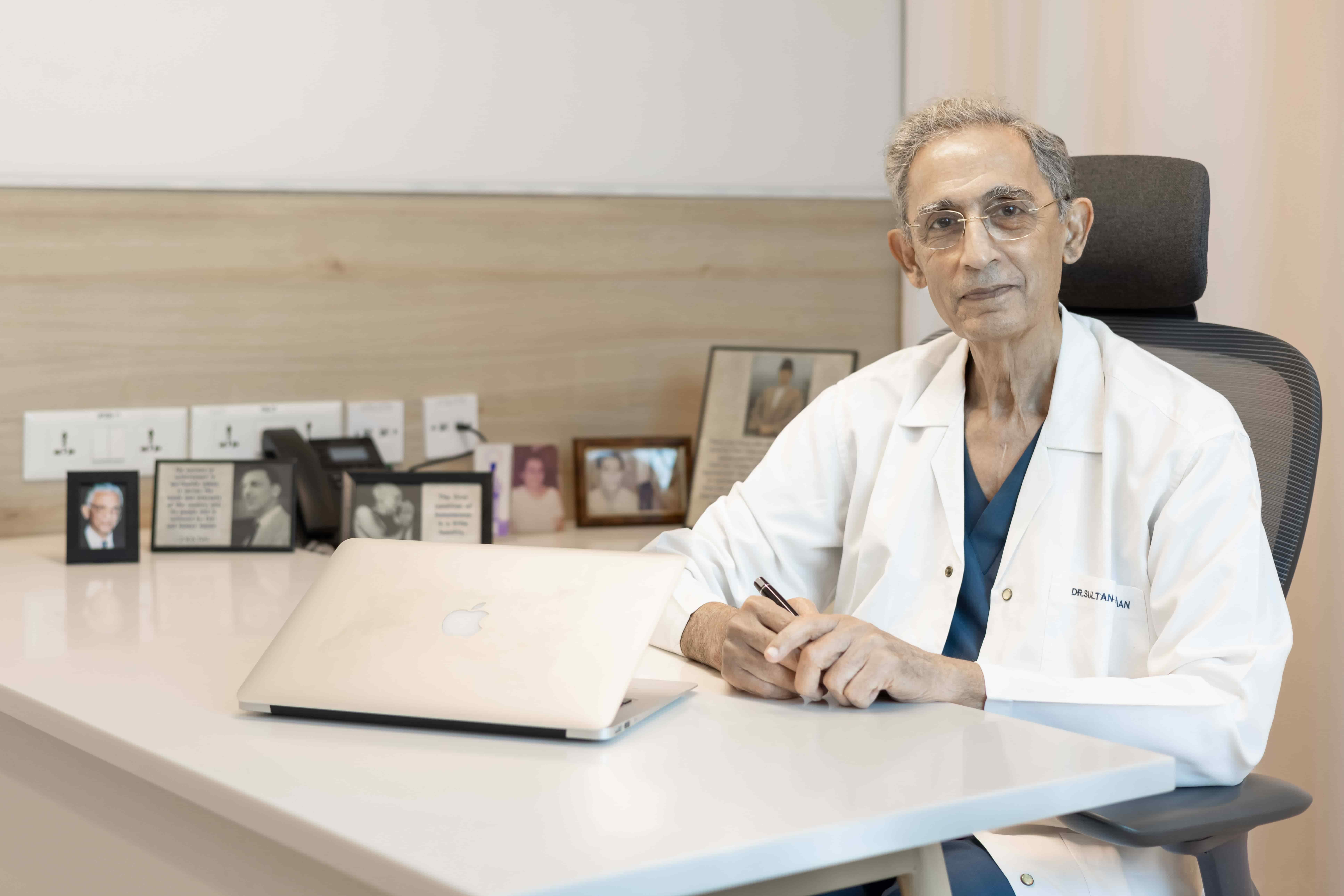Welcome to the HNCII.
At the outset, I want to inform the readers that we chose to name the institute Head & Neck Cancer Institute of India, despite the fact that besides Head & Neck cancer, we will also be treating women's cancers, viz., breast cancer and gynaecological cancers. Head & Neck Oncology is the field that we want to be specialists in: oral, pharyngeal, laryngeal, nasal, and paranasal sinus cancers, as well as cancers of the salivary glands, the thyroid, and the parathyroid.
As a group, these cancers constitute India's most common cancer in men and the third or fourth most common in women. In order to be relevant to the needs of the nation, we will continue to focus our attention on this cancer. For the past 25 years, with support from the Narotam Sekhsaria Foundation, the Prince Aly Khan Hospital has been involved in developing human resources for Head & Neck cancer. To continue to do this work, the name Head & Neck was very important.
I'm happy to report to you that within barely 2 months of commissioning, the hospital's in-patient occupancy has crossed the 50% mark and is increasing by the week, and more than 500 surgeries have been performed. Similar rates of utilisation have started in the medical oncology department and in diagnostics. The department of radiation therapy and the PET-CT scanner will be commissioned in early December.
An excellently designed facility with attention paid to every department and dedicated staff comprising a mix of experienced seniors and energetic juniors has made it possible to achieve rapid success.
The best news that I can give to you is that the HNCII has been able to attract the very best medical faculty in all the subspecialties of oncology, be it oncopathology, medical, surgical, and radiation oncology, imaging, and laboratory medicine. These are specialists who have chosen to work full-time at the institute and give their undivided attention to service, training, and research. And in most departments, the talent runs at least two or even three levels deep. They will undoubtedly shape the destiny of the HNCII.



.jpg)